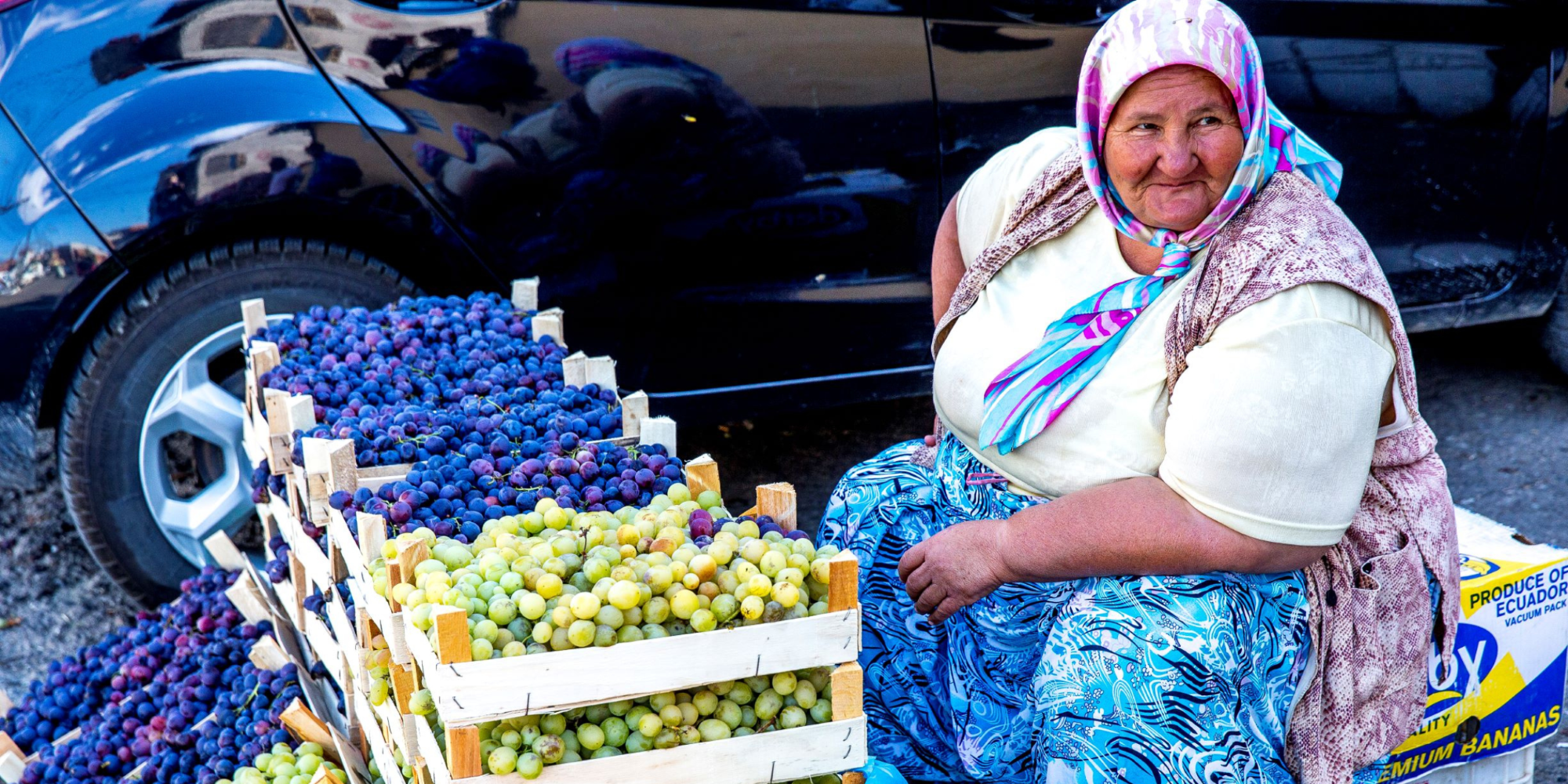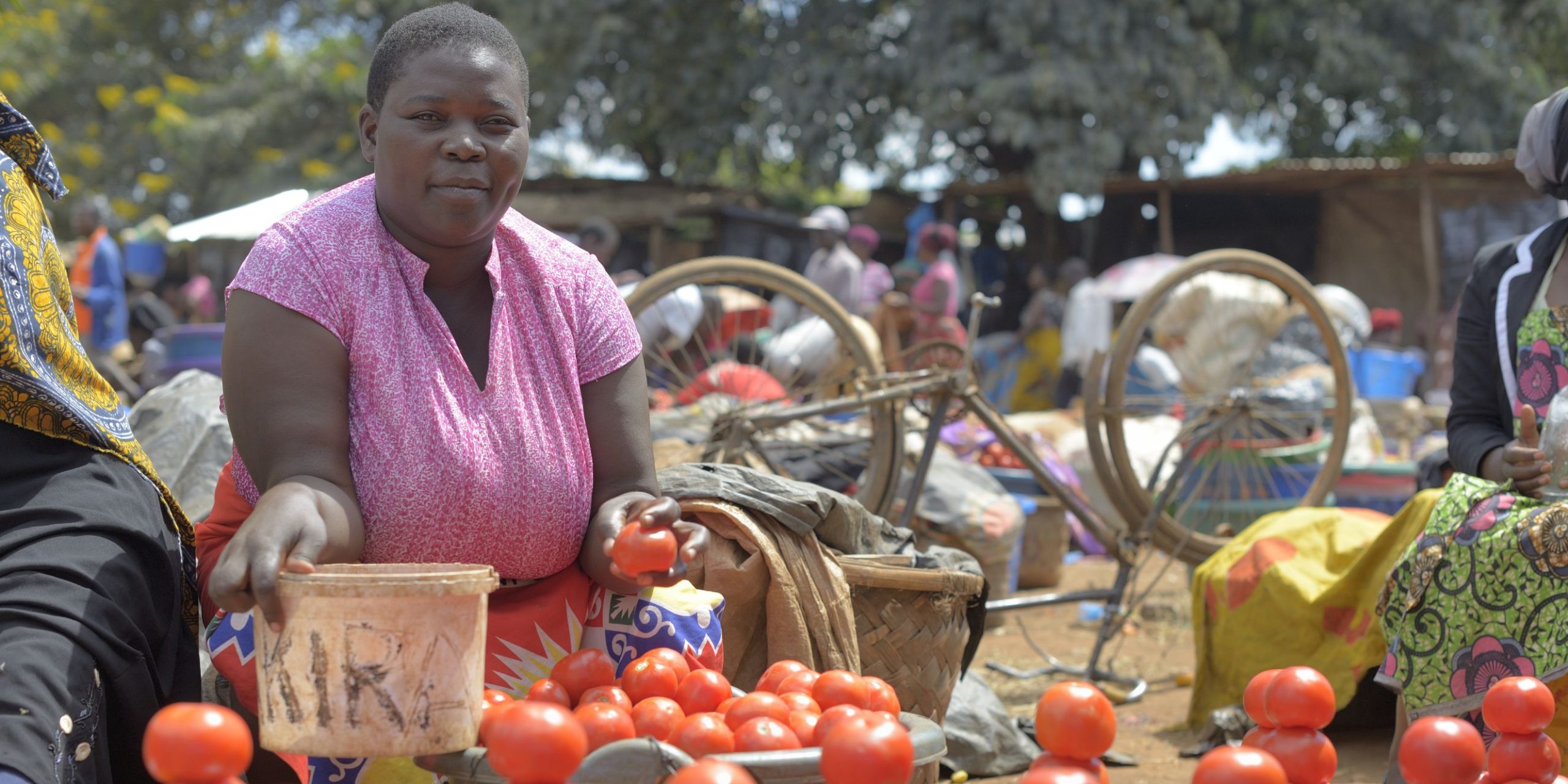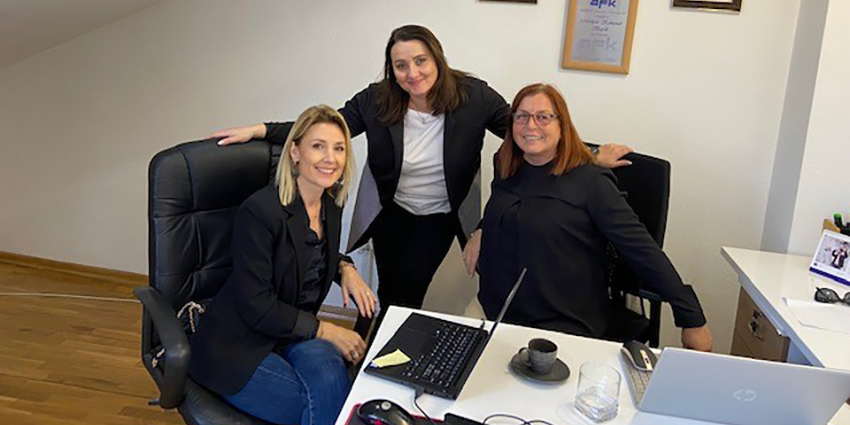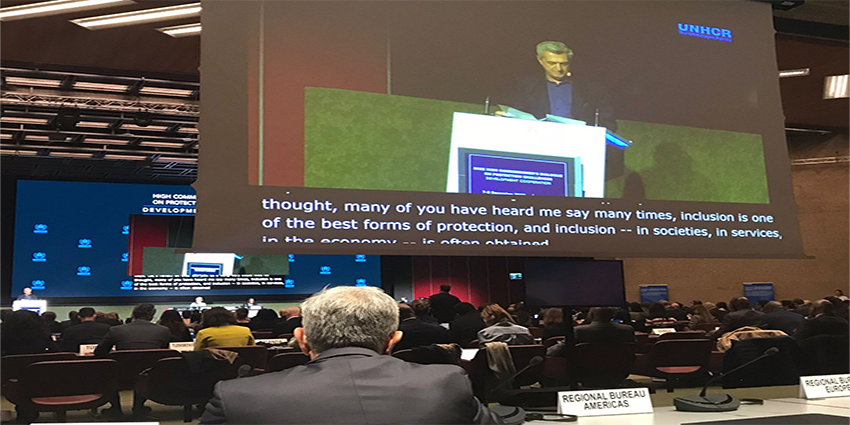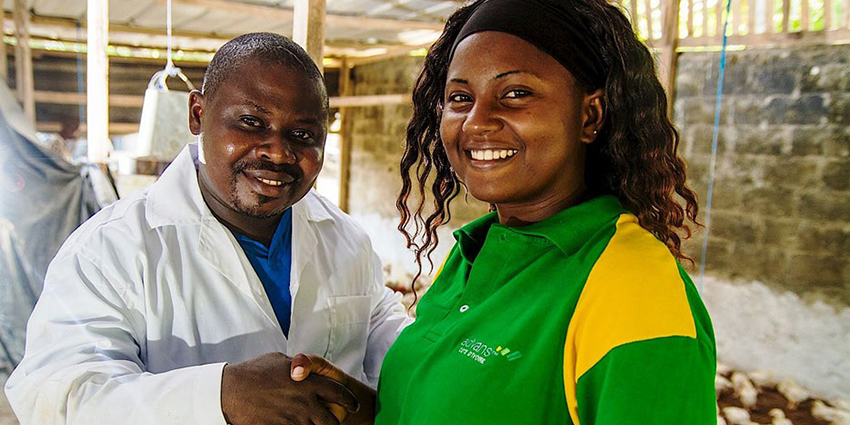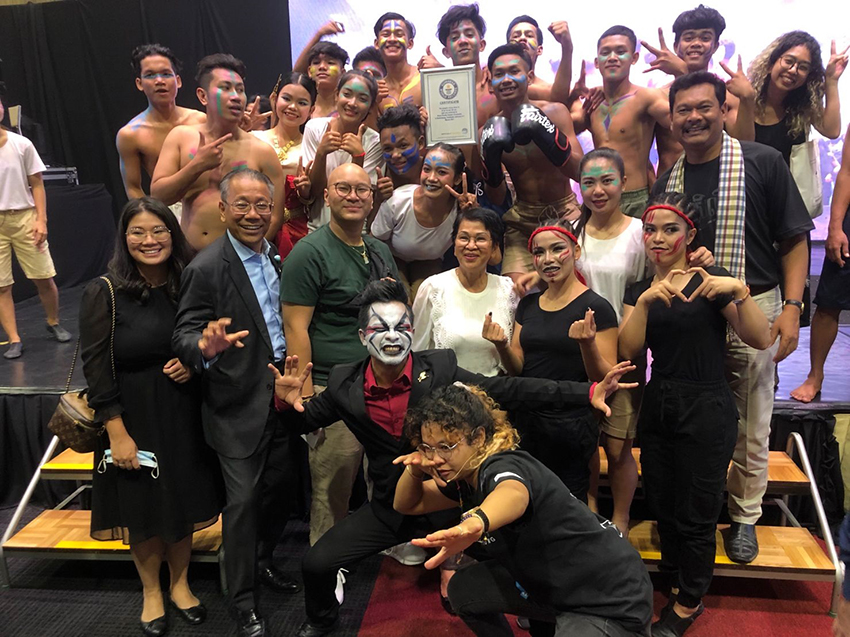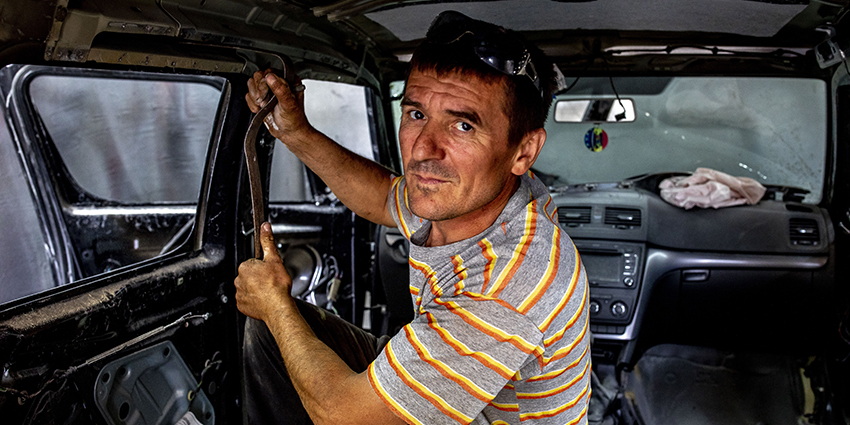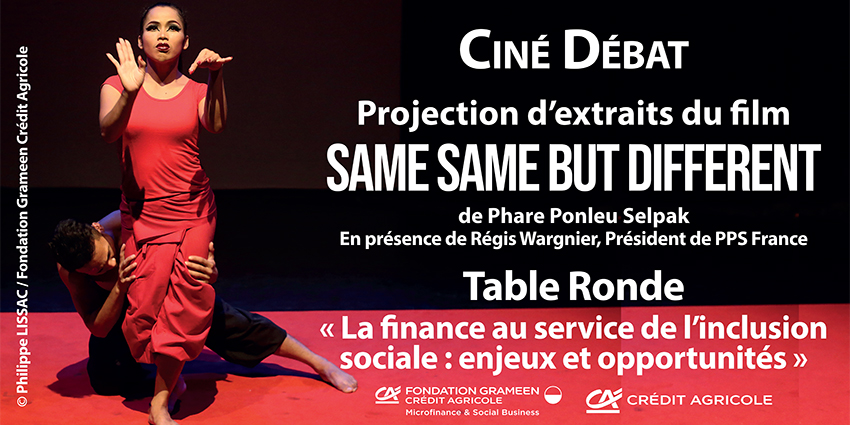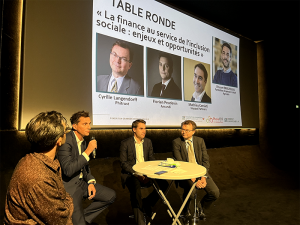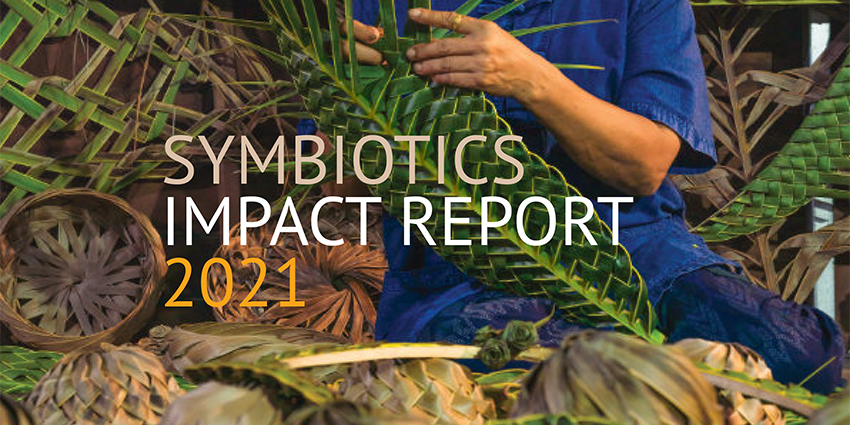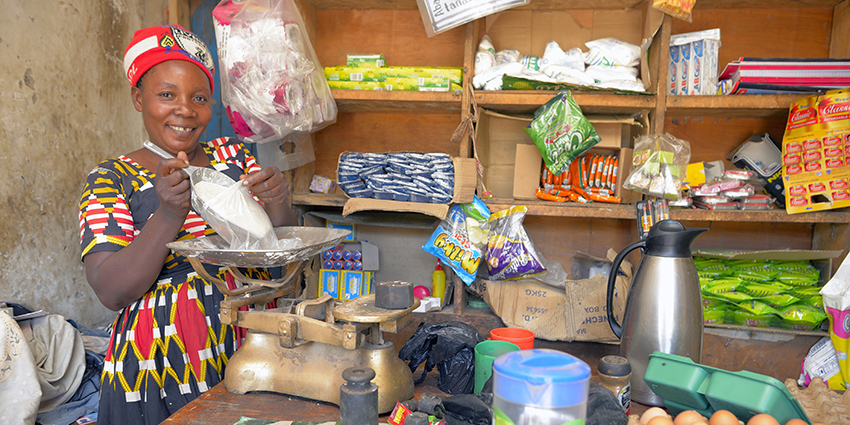
Since 2019, the Grameen Crédit Agricole Foundation, the Swedish International Development Cooperation Agency (Sida) and the United Nations High Commissioner for Refugees (UNHCR) have joined forces to support refugee populations in Uganda through an innovative program aimed at improving the livelihoods, resilience and financial inclusion of both refugees and host communities.
Uganda hosts approximately 1.5 million refugees and asylum seekers, making it the largest refugee-hosting country in Africa and the third largest in the world. It is one of the countries with the most progressive refugee policies in the world and a leading country in implementing the Comprehensive Refugee Response Framework (CRRF) and the Global Compact on Refugees (GCR). In Uganda, refugees enjoy freedom of movement, the right to work, and have been included in the country's National Development Plan III. They are allocated land, live in settlements close to host communities, and have access to the same national public services, including health, education, water, livelihoods, and sanitation.
A large majority of the refugees (94%) live in 13 settlements located in the southwest and north of the country. The remaining 6% live in urban areas near Kampala. Despite Uganda's progressive and inclusive policies, the poverty rate among refugees is nearly twice that of host communities, creating challenges for peaceful coexistence and security issues, particularly for women, girls, and people with special needs.
The program developed by the Foundation, UNHCR, and Sida aims to improve access to credit and savings for refugees and their host communities so they can develop income-generating activities. This program, which leverages mixed financing (public and private capital), has three components: a guarantee fund, debt financing by the Foundation for three microfinance institutions (MFIs) (Vision Fund Uganda, Brac Uganda Bank Ltd, and Ugafode), and technical assistance for the MFIs and refugees. The Grameen Crédit Agricole Foundation, with financial support from Sida, coordinates the program, which also offers refugees non-financial services such as business training and financial education.
Thanks to the program, the supported MFIs were able to open new branches in the districts of Moyo (Parlorinya settlement), Yumbe (Bidibidi settlement) and Isingiro (Nakivale settlement) where many refugees live. Thus, VisionFund Uganda, a partner of the Foundation since 2020, served 28,739 active borrowers at the end of 2022 in branches managed under the program (including 20 refugee %s and 72 women %s), for an outstanding loan of UGX 3.3 billion (EUR 868,663). In the branches concerned, significant digitalization work was carried out with 100% digital disbursements. The field visits carried out by the Foundation's teams also provided a better understanding of the challenges faced in increasing the financial inclusion of refugees: difficulties in recruiting refugee staff, various problems faced by clients (health problems, droughts, reduction of food rations, people returning to South Sudan). A new objective for the institution is the establishment of insurance products (agriculture, health) for clients because over time, the needs of the host populations evolve.
To date, despite various constraints and risks, particularly those related to the COVID-19 pandemic, the program has grown well. A recent evaluation revealed that out of a sample of 373 respondents, 91 new jobs had been created either through new businesses or the expansion of existing activities. More than 80% of the 289 beneficiaries surveyed and who received training also reported having started saving. Similarly, 78% of the beneficiaries reported that the knowledge and skills acquired during the training they received contributed to the growth of their businesses.
This innovative project will continue to expand with the goal of providing access to quality financial services and training to as many people as possible. To achieve this, the program will intensify financial education training to reach as many refugees and host communities as possible, continue customer surveys to facilitate informed decision-making, and develop refugee-friendly products while continuing to roll out the project model in other refugee camps.
Learn more about the program Financial Inclusion of Refugees.
